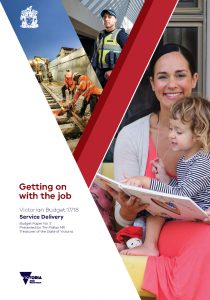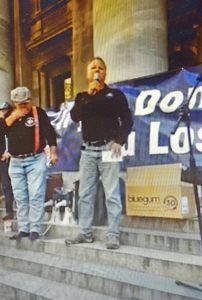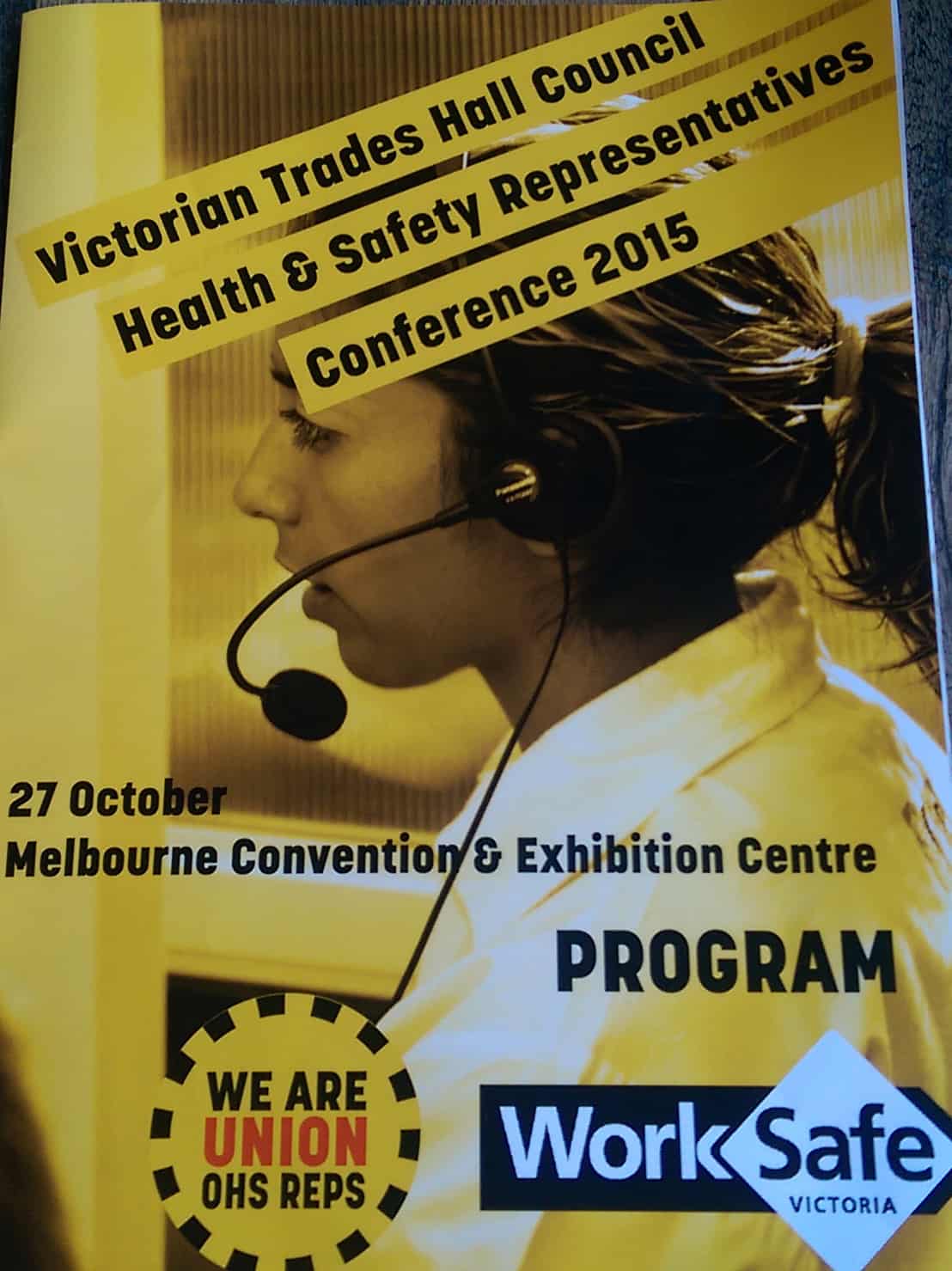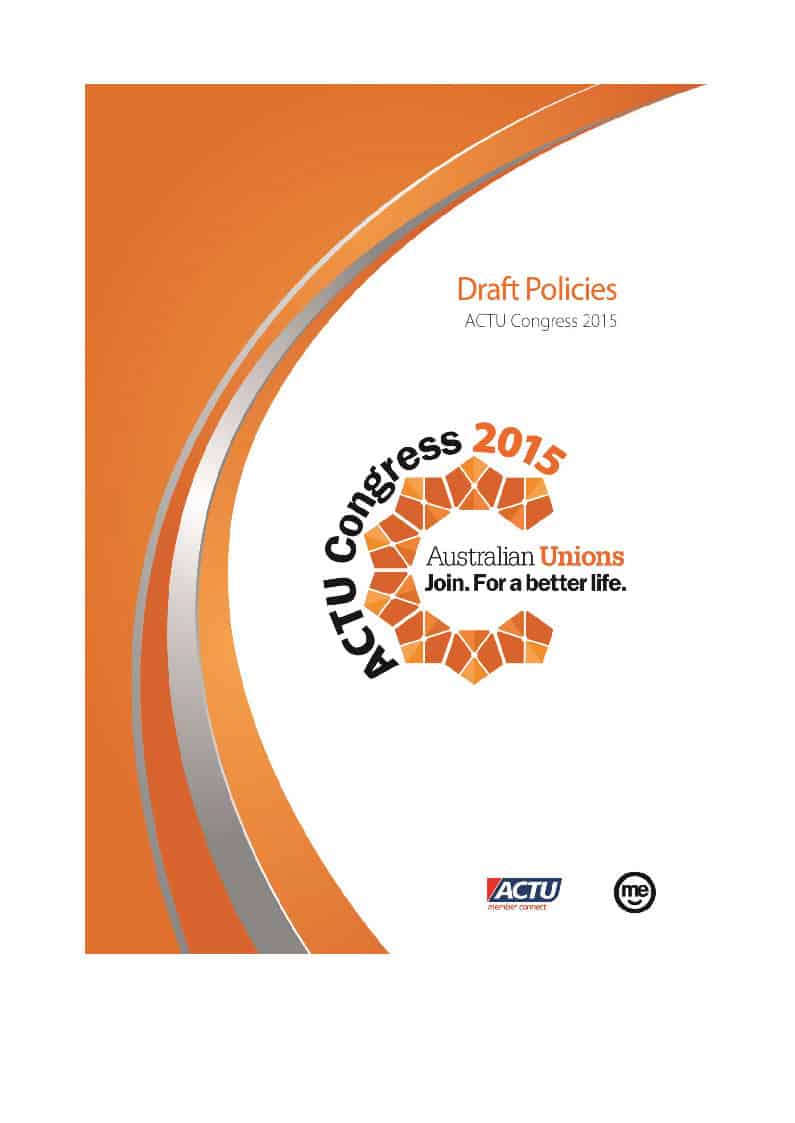 Every government releases a great deal of information, particularly around budget time and occupational health and safety (OHS) funding often gets missed in the overviews and media discussion. The Victorian Government’s budget papers (Budget Paper No. 3 – Service Delivery) for 2017 included A$3 million to the Department of Health and Human Services (DHHS) for
Every government releases a great deal of information, particularly around budget time and occupational health and safety (OHS) funding often gets missed in the overviews and media discussion. The Victorian Government’s budget papers (Budget Paper No. 3 – Service Delivery) for 2017 included A$3 million to the Department of Health and Human Services (DHHS) for
“Addressing occupational violence against health workers and workplace bullying” (page 78)
There is no doubt that such funding will help improve OHS but it also seems odd, given some of the recent incidents and riots, the corrections and prison services received no specific OHS funding. The introduction of “a trial of independent workplace facilitators” is also intriguing.
Continue reading “How will “independent workplace facilitators” improve OHS?”


 The
The  1300 occupational health and safety representatives in one room provides a great deal of passion about workplace safety. These are not the OHS suits, the regulators or the safety app spruikers that other conferences attract.
1300 occupational health and safety representatives in one room provides a great deal of passion about workplace safety. These are not the OHS suits, the regulators or the safety app spruikers that other conferences attract. The Australian Council of Trade Unions (ACTU) commences its
The Australian Council of Trade Unions (ACTU) commences its